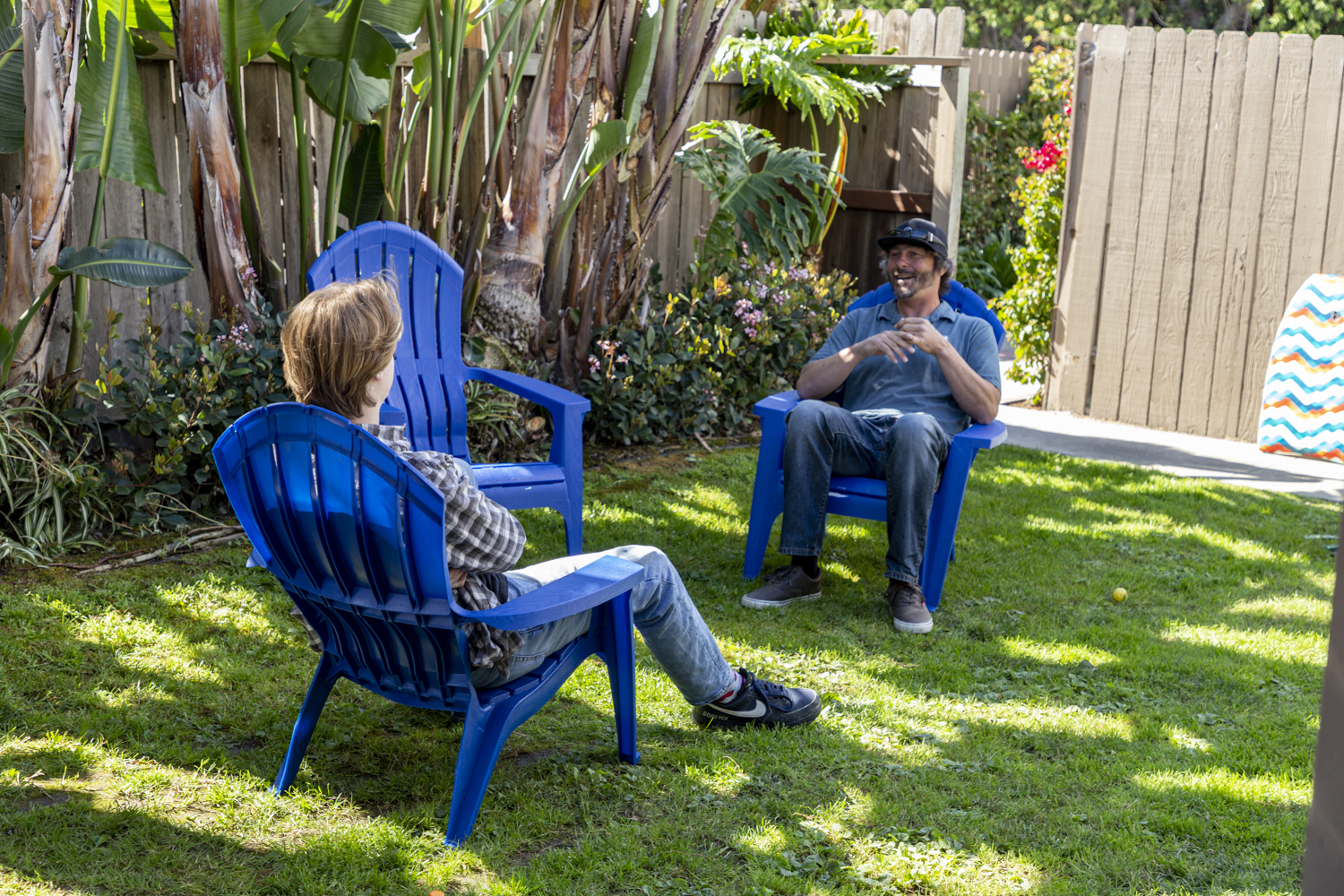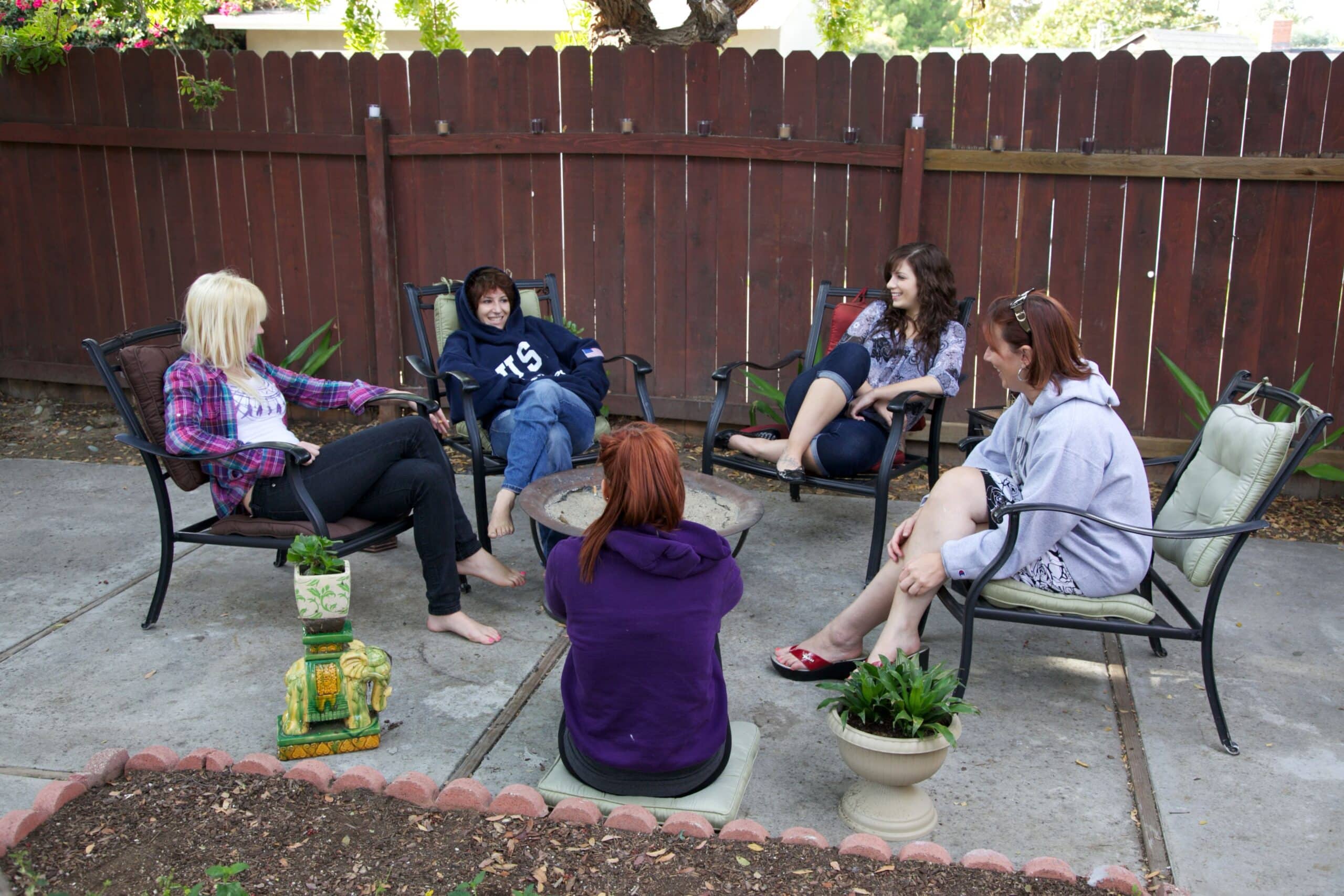Outpatient Sober Living: A Flexible Path to Long-Term Recovery
Sober living provides a vital bridge between intensive treatment and independent living, offering structured support while allowing individuals to maintain their daily responsibilities. This combination of freedom and accountability creates an ideal environment for sustainable recovery, particularly when paired with outpatient treatment services.
Understanding Outpatient Sober Living
Outpatient sober living at Beachfront Sober Living combines the benefits of residential recovery housing with flexible treatment programming. This typically includes group therapy sessions, individual counseling, and structured activities. Residents can work, attend school, or fulfill family obligations while receiving essential recovery support from our team of dedicated professionals.
The Structure of Recovery
Beachfront Sober Living incorporates a phased approach to recovery, gradually transitioning individuals toward greater independence. Phase one may involve daily program attendance, regular 12-step meetings, and personalized recovery plans tailored to each resident’s goals. This structure helps residents build a foundation for long-term recovery, with ongoing guidance and accountability.

Benefits of Combined Care
Integrating sober living with outpatient treatment has shown significant positive outcomes, and Beachfront Sober Living is no exception. Research shows that this combination leads to improved employment rates, reduced substance use, and better management of mental health symptoms. Residents experience these key benefits:
Stability and Support
Beachfront provides a safe, substance-free, discrimination free living environment where residents can focus on their recovery. Peer support, regular drug screenings, and house meetings ensure accountability while fostering personal growth.
Skill Development
Life skills training is a cornerstone of the Beachfront program. Residents develop practical skills such as financial management, time management, and healthy routine establishment, all of which are essential for independent living.
Success Through Structure
At Beachfront Sober Living, the combination of structured support and independence allows residents to practice recovery skills in real-world situations while maintaining access to professional guidance. This balance is key to long-term success.
Making the Transition
Many individuals begin their journey at Beachfront Sober Living after completing more intensive treatment. Whether it’s a personal transition or couples embarking on sober living together, this gradual process enables residents to build confidence and competence in their recovery while staying connected to vital support systems. Whether returning to work, school, or family life, Beachfront offers the tools and structure needed for success.

Why Beachfront Sober Living?
Located in Orange County, Beachfront Sober Living provides an idyllic setting for recovery, combining a peaceful environment with access to top-tier outpatient services. Our programs are designed to promote independence, personal responsibility, and long-lasting sobriety. The supportive community at Beachfront empowers residents to embrace their recovery journey and pursue their goals.
Choosing the Right Program
When selecting an outpatient sober living program, it’s crucial to consider the level of structure, support services, and individual needs. At Beachfront Sober Living, we pride ourselves on offering a balance of accountability and independence, creating a safe and supportive environment for residents to thrive.
Looking Forward
Outpatient sober living is a vital step in the continuum of addiction care, offering hope and practical support for those seeking lasting recovery. With the right program and a commitment to sobriety, individuals can build a strong foundation for a brighter, healthier future. At Beachfront Sober Living, we’re here to help you take the next step toward sustained sobriety and a life of independence. Call us today at 949-710-2564.
FAQs About Outpatient Sober Living
What are the main differences between outpatient sober living and inpatient rehab?
Inpatient rehab requires living at the facility with 24/7 care and structured schedules, while outpatient sober living allows residents to live independently, offering flexibility to work or attend school alongside treatment. Outpatient is less expensive and suited for milder cases or those transitioning from inpatient care.
How does outpatient sober living help with transitioning back to work or school?
Outpatient sober living supports work or school transitions by teaching life skills, providing accountability, and offering a structured environment. Residents can access job hunting assistance, substance-free housing, and support systems, all of which foster confidence and independence.
What specific support services are typically offered in outpatient sober living programs?
Services include counseling, drug testing, life skills training, job assistance, peer support, and transportation. Therapeutic approaches like CBT and 12-step facilitation, combined with sober social events and mentorship, create a comprehensive recovery framework.
Can you provide examples of successful outcomes from outpatient sober living programs?
Outcomes include higher abstinence rates (up to 94%), better employment stability, and reduced criminal justice involvement. Long stays (90+ days) enhance success, with many residents staying far longer. Structured environments and peer support play a key role in long-term recovery.
How does the cost of outpatient sober living compare to inpatient treatment?
Outpatient sober living is more affordable, costing $3,000-$12,000 per month, including treatment and housing. Inpatient treatment ranges from $7,500-$120,000 per month due to 24-hour care and room and board. Outpatient offers flexibility and cost-effectiveness for many individuals.

